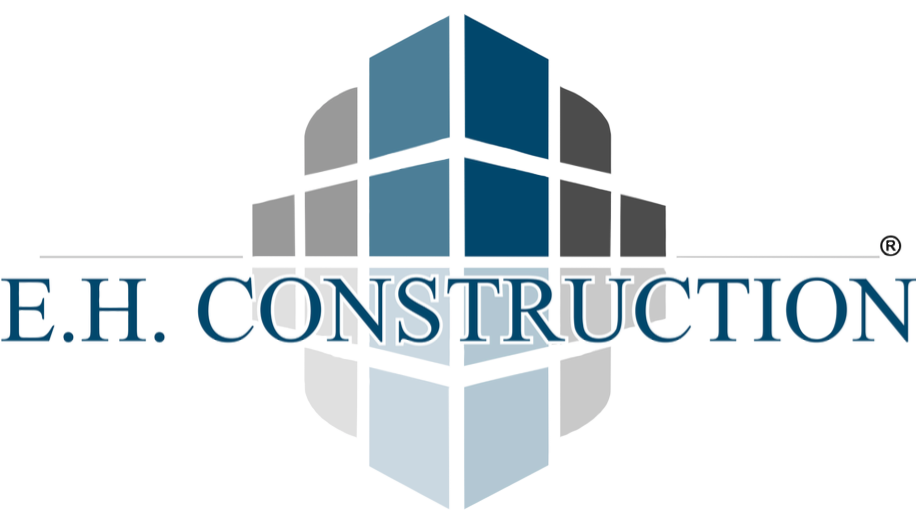The Dirt on Building: Why Soil Testing is a Must Before You Build
You wouldn’t build a house on a Jell-O mold, right? (At least we hope not.) But skipping soil testing before construction is kinda like doing just that. Beneath every strong home, there’s solid, well-understood ground—and that’s where soil testing comes in. Before you even think about pouring ready mix concrete or finalizing your floor plan, let’s talk dirt. Literally.
Whether you're a general contractor, home builder, or just curious about the cost to build a house, this blog will dig into why knowing your soil is one of the smartest moves you can make on any construction site.
🧪 What Is Soil Testing, Anyway?
Soil testing is like giving your future build site a physical exam. A contractor or geotechnical engineer will sample the soil to figure out its grade, composition, density, and how well it drains. Think of it as the blueprint for your foundation—before the blueprints.
Why’s that important? Because different soils act differently. Expansive soils, for example, swell and shrink with moisture like they’re training for a yoga championship—and that movement can wreck your flatwork, crack your footer (footing), or destroy your dreams of a cozy passive house.
🏗️ What Could Go Wrong Without Soil Testing?
Let’s put it this way: Imagine you spend months designing your dream home using CAD (Computer-Aided Design) software, coordinating with custom home builders, finalizing your cost-plus contract, and getting bids from your favorite construction company. Then… BAM. Cracks in your slab. Your house starts shifting. Floors tilt. Doors jam. You find out your soil’s basically quicksand in disguise.
Suddenly, you’re not living your green building fantasy—you’re stuck in change order hell, bleeding money.
And good luck blaming the soil later—without early documentation, you're footing the bill, not your builder.
🚜 Why It Matters for Every Project
Whether you’re building a luxury mansion, a new foundation for an ADU, or a retail pad next to a freeway, soil testing helps determine:
What type of form and footer (footing) you’ll need
The right depth for your foundation
Whether you’ll need drainage, damp proofing, or a floating slab
If extra structural supports (glulam, girder trusses, etc.) are needed
How your floor plan should respond to slope and load-bearing zones
And let’s not forget safety—unstable soil means risk for everyone from construction workers to future residents. If you want a home that’ll last generations (not just until the next rainy season), soil testing is the non-negotiable first step.
🧱 How Soil Affects Everything (Yes, Even Your Fascia)
No joke—your soil type can influence things all the way up to your fascia and framing. Clay-heavy ground? Expect movement. Sandy soil? Hello, drainage issues. Rock-heavy zones? Time to bring out the backhoe.
Even your heating and cooling systems (forced air heating/cooling) can be affected—poor soil drainage leads to humidity issues that can wear down systems faster than you'd expect.
Want a sleek fire-resistive modern build or a clean-lined L&T Construction-style design? Better know what you're standing on first.
📐 How to Get It Done (Without Losing Your Mind)
Getting your soil tested is easier than you think. Just call in a local geotechnical engineer or ask your general contractor to arrange it. They'll bore holes, take samples, and run the tests to give you a full report—often before your construction company even breaks ground.
Once you’ve got the results, you can:
Adjust your grade and elevation
Choose the best type of foundation
Budget more accurately with real data for your cost codes and bid
Make informed decisions that reduce the risk of costly repairs later
It also gives your team something to plug into BIM (Building Information Modeling) tools and align your project vision from start to finish.
🌿 Final Thoughts: Don’t Skip the Dirt
So before your construction worker so much as touches a shovel, ask yourself: What’s under my site? If the answer is “I dunno,” then it’s time to call in the pros.
Soil testing isn’t just smart—it’s foundational (literally). It helps avoid delays, keeps your building construction on budget, and ensures your dream project doesn’t become a cautionary tale.
From green board choices to frieze board (bird block) ventilation, every detail in your home rests on that dirt. Treat it like gold.
Because when you get the ground right, the sky’s the limit. 🏡🚧
Need help getting started? Talk to a local contractor or construction company that understands the ins and outs of soil testing, daily reports, and planning for long-term durability. Solid ground isn’t just peace of mind—it’s smart building.

